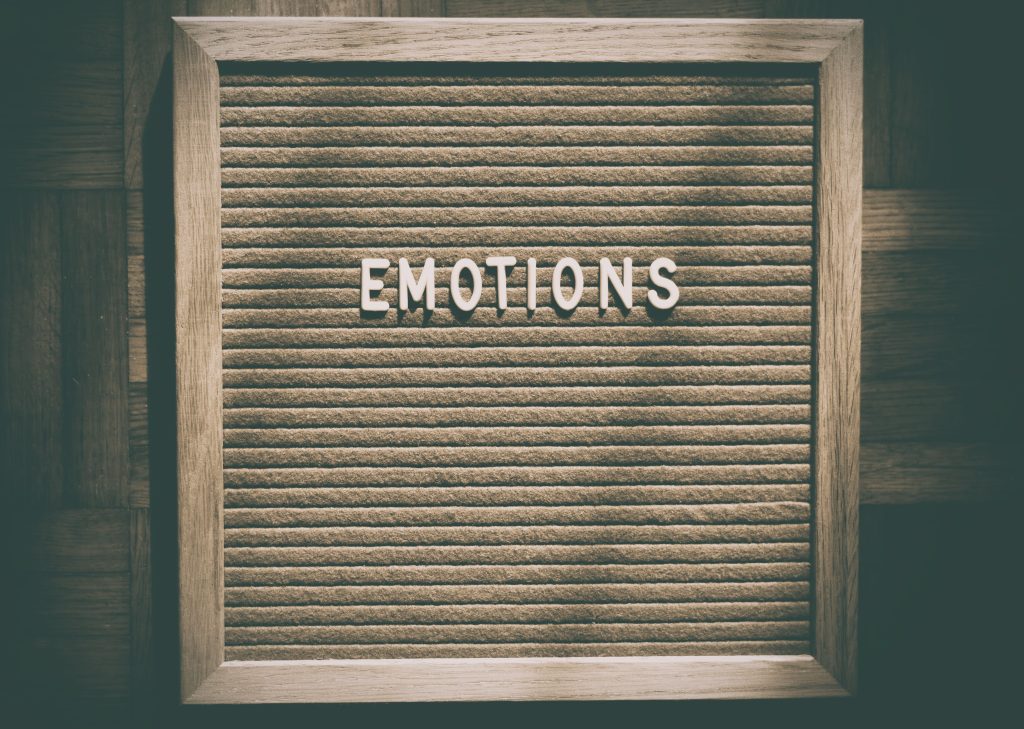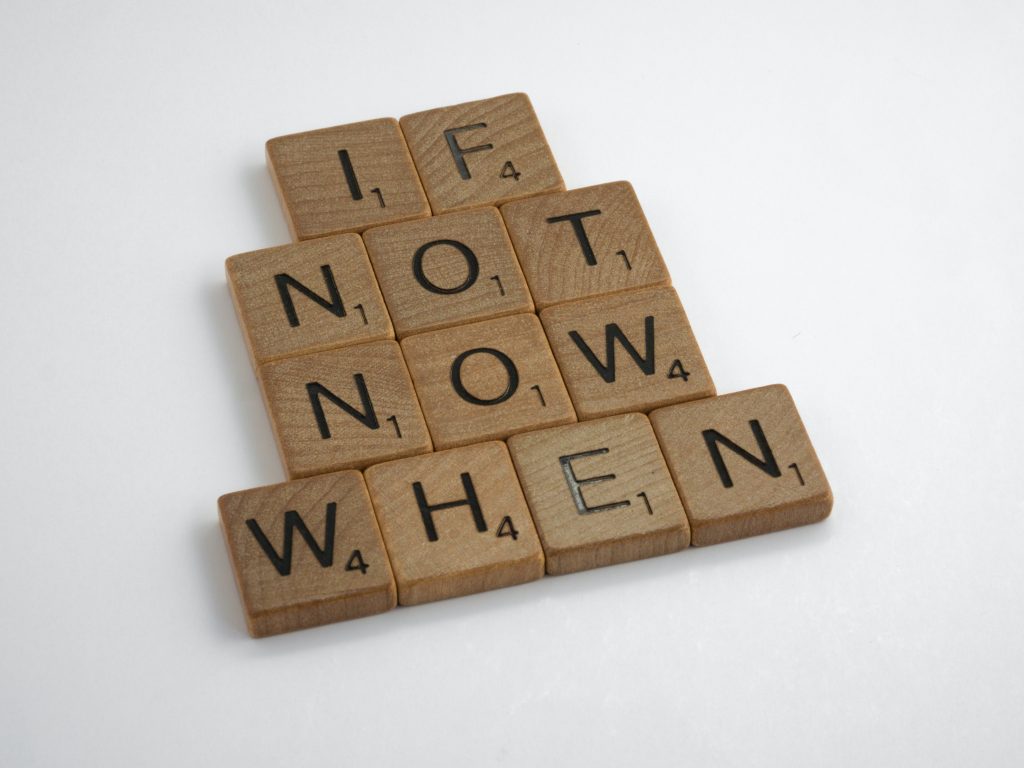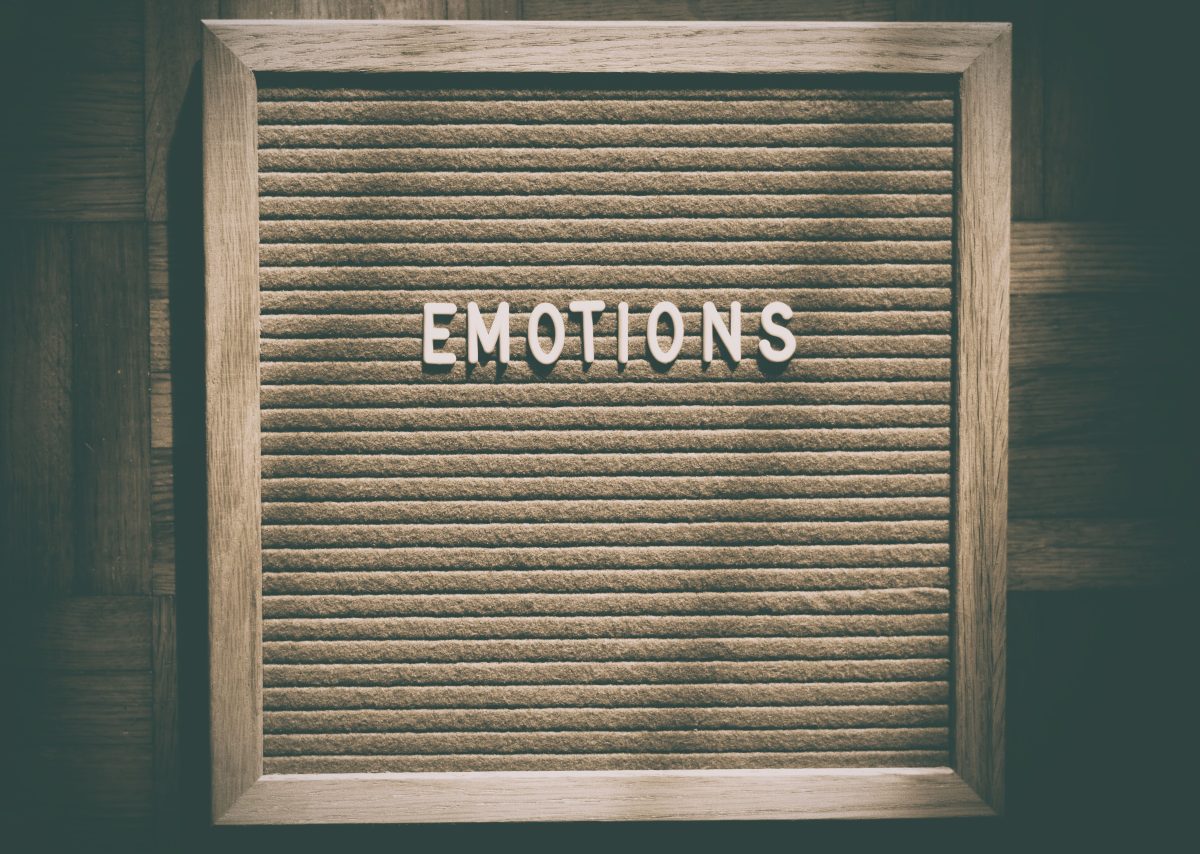Your questions answered about the reconciliation process
One sign that you are addicted to drugs or alcohol is that you act in ways that go against your morals and standards. So, one of the Twelve Steps of ecovery is learning to see how your actions have hurt other people and working to fix the mistakes and damage you did while you were using. “Making amends” is what Steps 8 and 9 of AA (Alcoholics Anonymous) call this method:
Step 8: Made a list of all persons we had harmed, and became willing to make
amends to them all.
Step 9: Made direct amends to such people wherever possible, except when to do so
would injure them or others.
On the surface, making amends might seem as easy as saying sorry for how you treated someone, but there’s more to this essential Twelve Step practice. Here are some of the most common questions about this reconciliation process and why it’s important for addiction recovery and mental health:
How does a direct amend work?
In the Twelve Steps, recovery from addiction to alcohol or drugs, making a “direct amend” means talking to people hurt by our actions or how we treated them because of our addiction.
As described in Steps 8 and 9, the practice involves returning to the people we hurt to tell them how sorry we are and show them how we have changed. This gives you a chance to heal. You should apologise in person instead of over the phone or by asking someone else to do it, whenever possible.
What’s the difference between trying to make things right and saying sorry?
Think of making amends as acts that show your new way of life in recovery. Apologies, on the other hand, are mostly just words. When you make amends, you accept that you did something wrong and then live by your values.
When we’re addicted, our behaviours and goals don’t match up. For example, we might have planned to attend a friend’s birthday party but did not show up. Even if we say we are sorry afterward for missing the party, it’s just words and not actions or changes in our behaviour. And these words don’t mean much when we break our vows repeatedly. So, to make things right, we have to do more than say sorry.
In healing, what we do matches what we want to do. One example would be saying you’re sorry for stealing from someone and then giving them back what you took.

Are there times when there are better ideas than making direct changes?
Yes. Step 9 says to make amends “unless doing so would hurt them or someone else.” We don’t want our actions to cause more harm, stress, or loss. Also, we might owe people to whom we can’t reach an apology. In these situations, we can make up for our mistakes more significantly by giving money, giving our time, or taking care of someone.
We can also make up for our mistakes by living according to our values. This is called “making life right.” For example, if we hurt someone by lying and couldn’t make up for it without hurting them even more, we would make real amends by acting and talking honestly.
It is also important to be careful when making amends to someone who is still drinking because our first duty is to protect our sobriety and recover from our addiction. If making amends means putting ourselves in situations that make us want to use again, we should think twice and talk to a sponsor or addiction counsellor about healthy options.
Should you get back in touch with someone who doesn’t want to?
No matter how much we want to make things right, the Steps say we can’t force someone to meet or talk to us. Even if the people we have hurt are not able or willing to accept our apologies, we can still move forward in a generally positive way by doing things on purpose to help others or by making living amends.
It is important to remember that making up with someone is for the person we wronged. Yes, we do our part to “clean up our side of the street,” but we don’t make amends to get rid of our guilt or clear our minds. If someone wants to avoid hearing from us, we accept that and do what we can to improve.
How will making up with people help you get better?
By doing these things, we can recover from the disease of addiction. We realise that we are good people who have a terrible disease. Steps 8 and 9 help us get out of the shame we have been living in, which keeps us using drugs and staying addicted. When we do what we can to fix relationships or reach out to others with support and understanding, we help and support our recovery.

What if your attempt to fix things backfires?
Before we reach out, it is essential to have a plan. We need to find out how someone else will react or how the exchange will make us feel. So, if you need help, talk to your sponsor, support group, or therapist about your plan.
Remember that this is a 12-step process that helps people get better, but the person we are trying to help might be at a different place in their healing than we are. We can only do what we can to make up for it and live up to our apologies. Like when we drink or use other drugs, we have no control over others. We cannot decide how other people will react or if they will forget or hold on to bad feelings or resentments.
In the end, we do not want anyone to forgive us. We want to be responsible for our deeds and hold ourselves to the standards of our values and the 12-Step programme.
Should you do Step 8 by yourself?
Most of the time, people go through the steps of Alcoholics Anonymous with the help of a counsellor or sponsor. Step 8-advice can also be found in AA’s Big Book and Twelve Steps and Twelve Traditions (the 12 & 12).
Don’t worry about putting everyone you have hurt on your list when you first make it. Start by writing down the people you know best. As your recovery from addiction gets stronger and more in-depth over time, you will go back to Steps 8 and 9 many times. Eventually, you will see that the good things you do daily as you follow the Twelve Steps will add up to making up for what you have done.
How do you make things right?
There is no “best way” that works for everyone. You need to find the best way for you to do it. Talk to your sponsor or other people in your recovery group about what has worked for them. If your actions match your goals and you reach out in person, you are doing the next right thing to make up for past mistakes. It’s easy, but not simple. And remember that you are not your sickness. You are not ashamed of the mistakes you made or the damage you did when you used.
How soon after you get sober can you start to make amends?
There’s no set time for working Steps 8 and 9 once you are sober, so you should ask your sponsor and therapist if they think you’re ready. In Twelve Step therapy, you decide how fast you want to go. Undoubtedly, you will face setbacks along the way. But if you prioritize your healing every day and do whatever the next right thing is for you, you will keep progressing toward living a joyous and meaningful life.
If you or a loved one is struggling with an addiction issue, call Freephone 0800 140 4044
Freephone: 0800 140 4044
Local rate: 0300 330 3040
Contact us here to find out more



